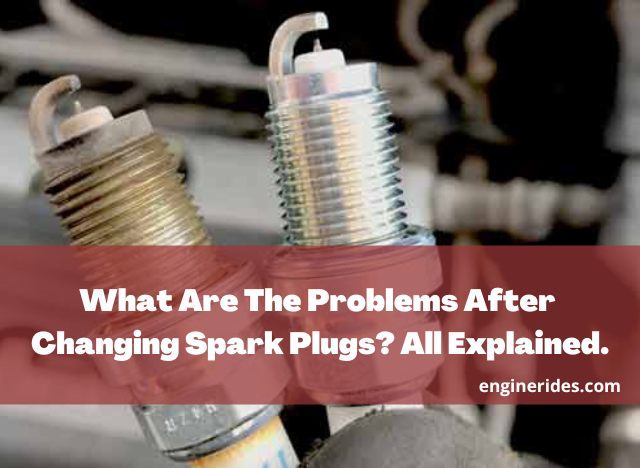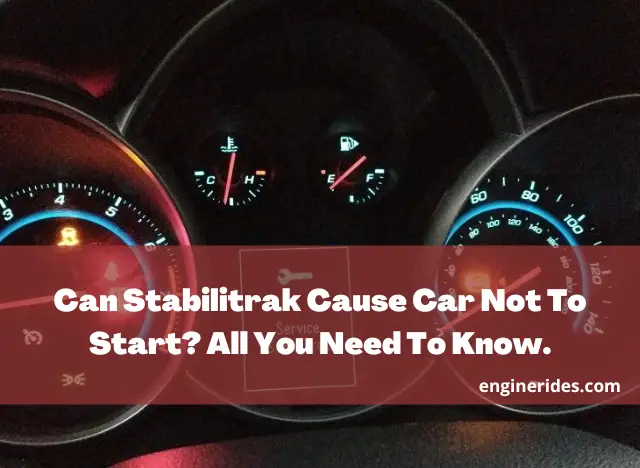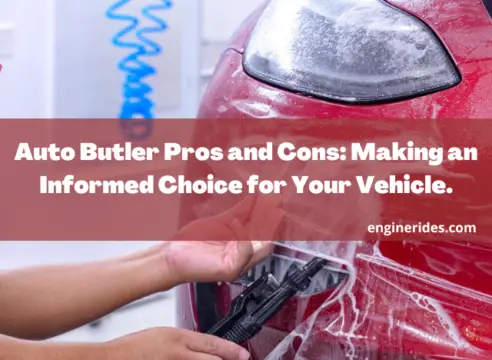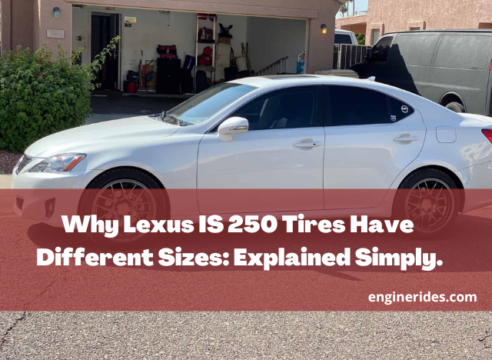It is a hot day, so I decided to stay at home and thought of writing an article exploring a common issue faced by many car owners: brake lights not working while tail lights are functioning properly. Understanding the reasons behind this problem is crucial for ensuring safety on the road.
We’ll discuss potential causes, troubleshooting steps, and solutions to fix the brake lights. The focus will be on providing simple, easy-to-understand explanations to help you diagnose and resolve this issue in your vehicle.
Table of Contents
Why Are Brake Lights and Tail Lights Different?
To understand why your brake lights might not be working while your tail lights are, it’s important to know the difference between them.
Tail lights are the lights on the back of your car that illuminate when your headlights are on. They help other drivers see your vehicle in the dark. Brake lights, on the other hand, light up brighter and are activated when you press the brake pedal. They signal to drivers behind you that you are slowing down or stopping.
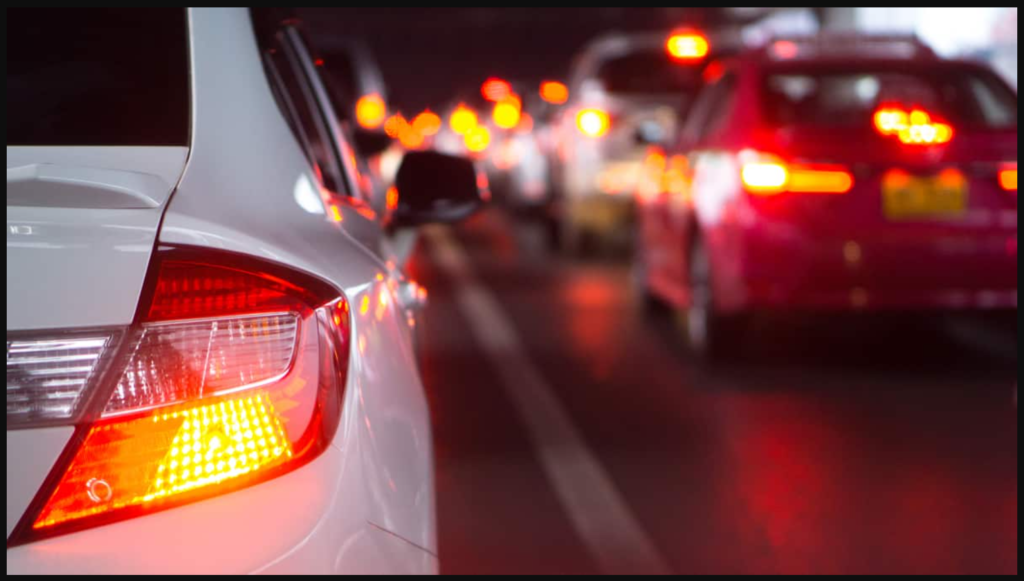
The two lights often use the same bulb but have different circuits and power sources. This is why one can function while the other does not. The separation in their systems ensures that if one fails, the other might still work, providing some level of safety.
What Could Cause Brake Lights to Stop Working?
Several issues could lead to your brake lights not working while your tail lights are fine. The most common cause is a blown fuse. Each light in your car has a fuse that acts as a safeguard by breaking the circuit if there’s too much electrical current. If your brake lights’ fuse is blown, they won’t work, but your tail lights might still function if they are on a different fuse.
Another common issue is a faulty brake light switch. This switch is usually located near the brake pedal and activates the brake lights when you press the pedal. If this switch is malfunctioning or misaligned, it won’t activate the brake lights.
Could It Be a Wiring Problem?
Wiring problems are another potential cause for brake lights not working. If there’s an issue with the wiring that connects to the brake lights, such as frayed wires, loose connections, or corrosion, it can interrupt the flow of electricity needed to power the lights.
It’s also possible that the issue is with the bulb sockets or the ground connection. These parts can become corroded or damaged over time, disrupting the electrical connection. Regular inspection and maintenance of these components can prevent such issues.
Chevy Express Van Electrical Problems; All Explained With Fixes
ENGINERIDES.COM
How Can I Troubleshoot and Fix the Problem?
To troubleshoot this issue, start by checking the fuse box. Locate the fuse for the brake lights and see if it’s blown. If it is, replacing it might solve the problem.
Next, inspect the brake light switch. Check for any signs of damage and test its functionality. This might require some technical knowledge, so consulting a mechanic is advisable if you’re unsure.
If these steps don’t resolve the issue, inspect the wiring and sockets. Look for any visible signs of wear or damage. In cases of wiring issues, it might be best to seek professional help, as electrical work can be complex and requires specific tools and expertise.
How do you check rear brake lights?
To check your rear brake lights by yourself, you can use an object like a floor brush or mop. Place one end of the brush or mop on the brake pedal, and then push it down until the brake is engaged. Secure it in place so that the pedal remains pressed down.
This will activate the brake lights as if you were pressing the pedal yourself. Once set up, walk around to the rear of your car to see if the brake lights are illuminated. This method allows you to check the brake lights without needing another person to press the pedal.
Hooked Battery Up Backwards Now Car Won’t Start; What Should You Do?
ENGINERIDES.COM
What Preventative Measures Can I Take?
To prevent such issues in the future, regular maintenance is key. This includes checking the condition of fuses, wires, and sockets routinely. When you replace your car’s bulbs, ensure they are the correct type for your vehicle and are installed properly.
Pay attention to any warning signs your vehicle might give, such as a warning light on the dashboard or changes in the way the brake lights function. Addressing issues early can prevent more significant problems down the road.
Is it OK to drive with bad brake light?
No, it is not safe or legal to drive with a bad brake light. Brake lights are a critical safety feature in vehicles. They signal to drivers behind you that you are slowing down or stopping, helping to prevent rear-end collisions. If one or more of your brake lights are not functioning, other drivers may not be able to react in time when you brake, increasing the risk of accidents.
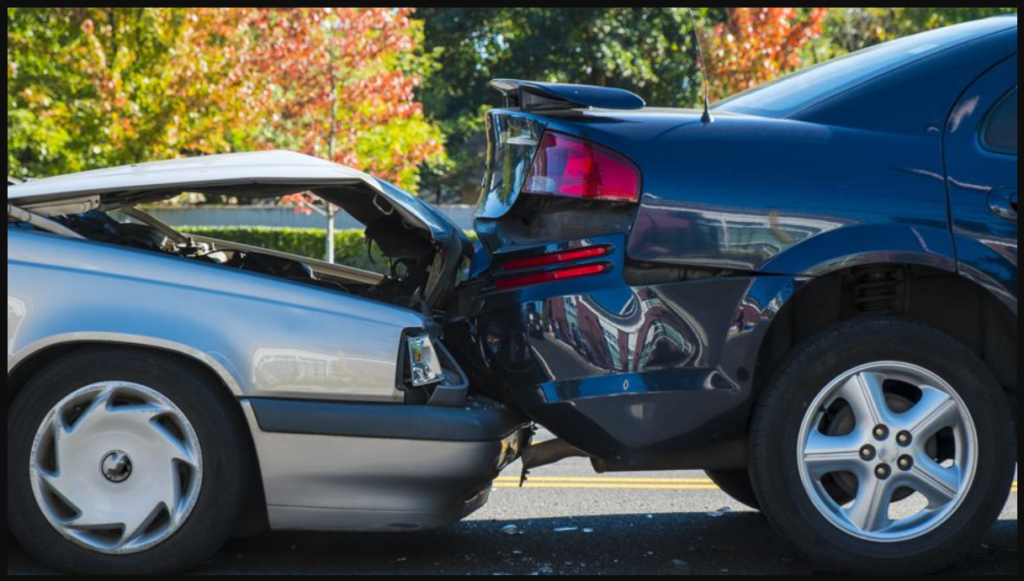
Furthermore, driving with a faulty brake light is illegal in many places and can result in traffic citations or fines. It is important to repair any brake light issues promptly to ensure your safety and compliance with traffic laws.
Conclusion
Brake lights not working while tail lights are can be a perplexing issue, but understanding the differences between these systems and the common causes for malfunction can help in resolving it. Regular maintenance and prompt attention to any signs of trouble can prevent this problem and ensure your safety on the road.
Some Related FAQs
1. Can I drive my car if the brake lights aren’t working but the tail lights are?
It’s unsafe and usually illegal to drive with non-functioning brake lights, as it’s a critical safety feature.
2. Is it expensive to fix brake lights?
The cost can vary depending on the cause, but simple issues like a blown fuse or a bulb replacement are generally inexpensive.
3. Can LED bulbs be used as replacements for brake lights?
Yes, but ensure they are compatible with your vehicle’s make and model.
4. Should I check both brake lights if one is out?
Yes, it’s good practice to check both, as they might be experiencing similar wear or issues.
5. How often should I check my car’s brake lights?
It’s advisable to check your brake lights regularly, such as once a month or before a long trip.


